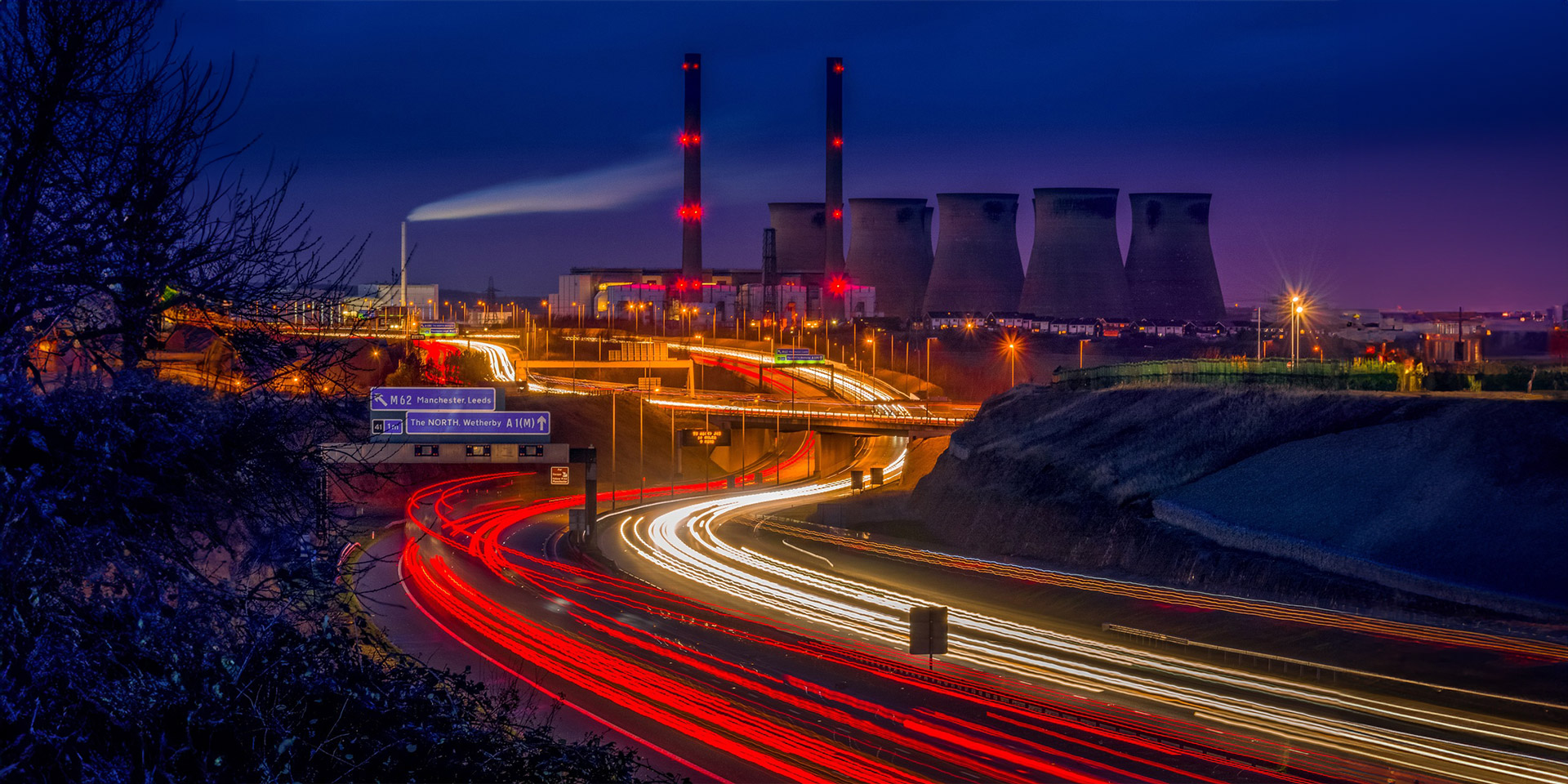The time to act is now. That is the consensus from every transport forum so far at COP24. Everyone agrees that e-mobility in 2040 will be mainstreamed. But according to the recent IPCC 1.5 degree report delaying action under 2040 in the transport sector means saying goodbye to any hope for a 1.5 degree or 2 degree outcome. So what can be done next year and in the next decade to reduce transport sector GHG emissions by 10-15% (the level required under the 1.5 degree scenario)?
Surprisingly few transport sector transition experts can name a specific measure, explain how it can be implemented and describe how much it would cost. Most expert analyses are unspecific, unpriced and un-soon. Experts are passionate about 2050 and unconcerned about 2030, which places them at loggerheads with IPCC’s instruction that the next decade is what is critical.
But specific, priced and feasible solutions do exist. Scania points out that appropriate speed limits and similar non-sexy but easy and cheap solutions (and well within the powers of governments) can get us a couple percent there. Ethanol and other climate safe biofuels can contribute a few more percent. Getting rid of fuel subsidies (and taxing fuels in a sensible way) can contribute a few percent. Capturing landfill gas and turning solid organic waste into fuel for compressed natural gas vehicles can contribute.
All told, 10% is not a daunting target and need not be an expensive target. 10% could indeed cost nothing net/net. But if a government can’t get that easiest and cheapest 10%, why would we expect that same government to be able to commit to and finance the really difficult stuff needed to keep us on track through 2040? Doesn’t sound like the kind of government that will be, or should be in power for coming decades.

